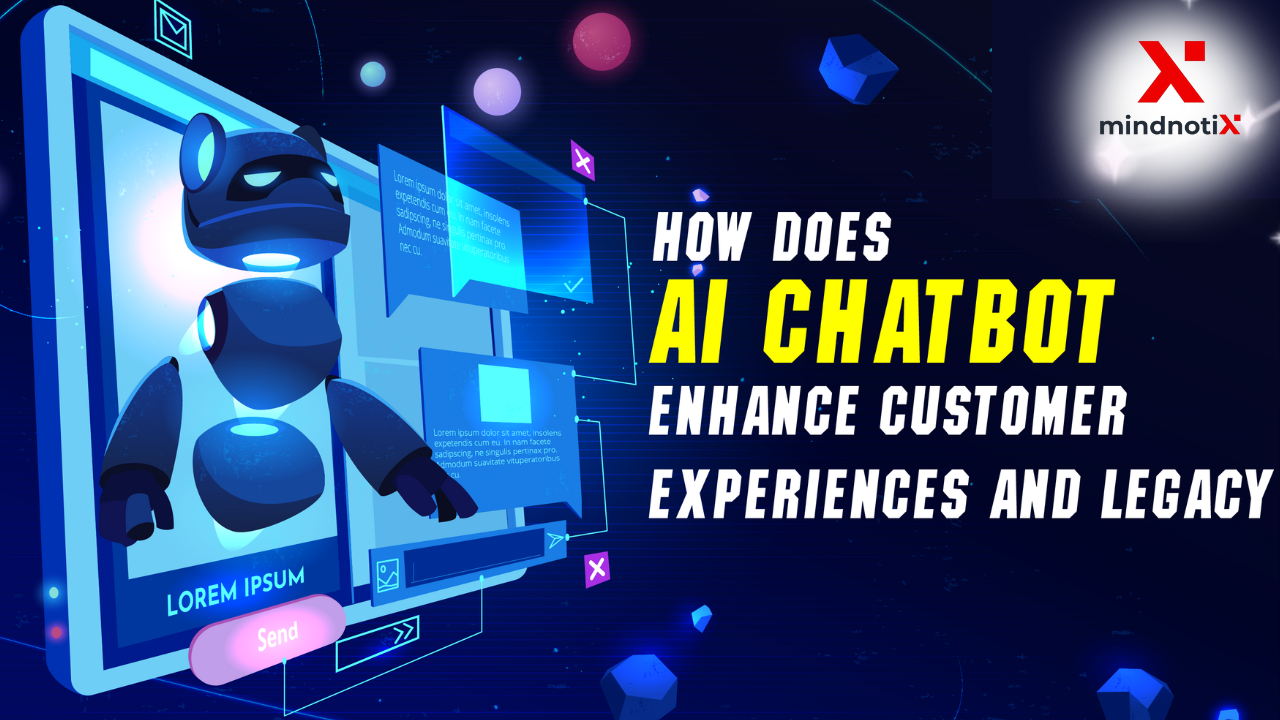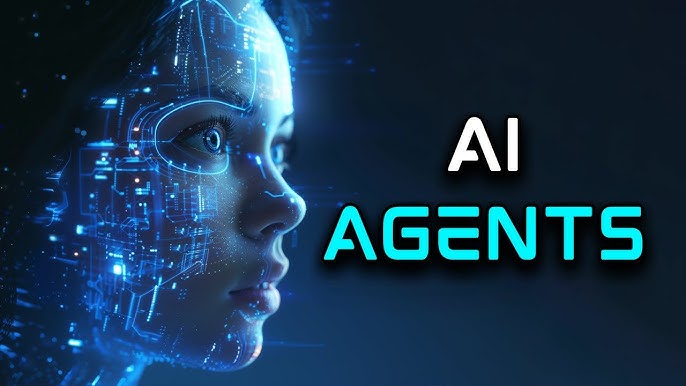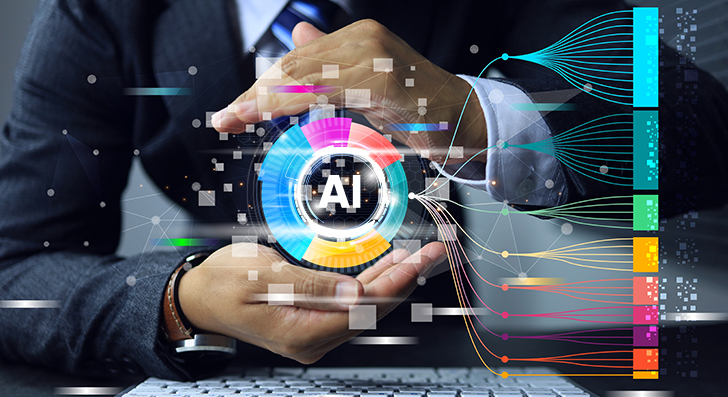AI-powered Chatbots and Virtual Assistants: Enhancing Customer Service
In today's fast-paced digital landscape, customer expectations are higher than ever before. Consumers demand instant, personalized, and efficient service, and businesses are turning to AI-powered chatbots and virtual assistants to meet these evolving needs.
The Rise of AI-Powered Customer Service
Artificial intelligence (AI) has revolutionized the way businesses interact with their customers. Chatbots and virtual assistants, powered by advanced natural language processing (NLP) and machine learning algorithms, are becoming increasingly sophisticated, capable of understanding and responding to customer inquiries with human-like intelligence.These AI-driven tools offer a range of benefits for businesses and customers alike:
Improved Efficiency and Responsiveness
Chatbots and virtual assistants can handle a high volume of customer inquiries simultaneously, providing instant responses and freeing up human customer service representatives to focus on more complex tasks. This results in faster resolution times and enhanced customer satisfaction.
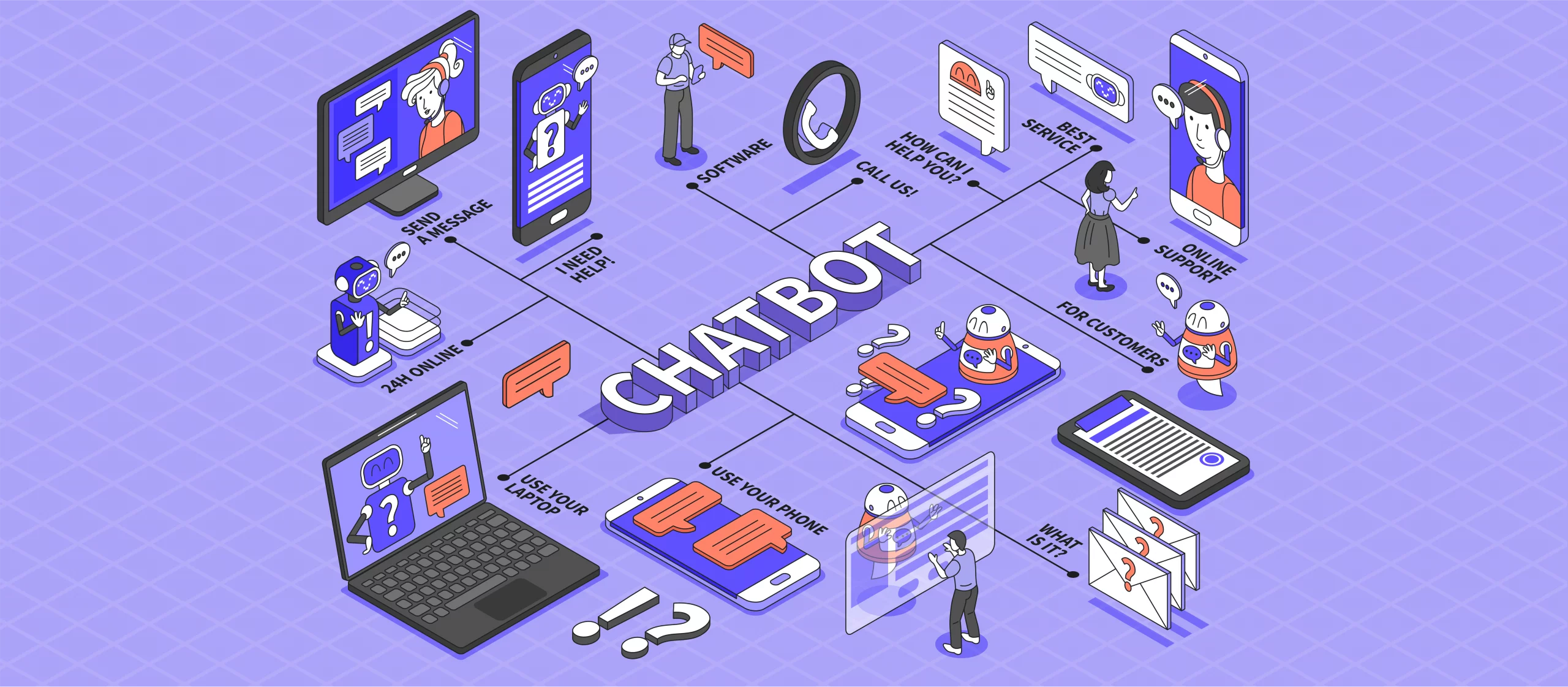
Personalized Experiences
AI-powered assistants can analyze customer data, preferences, and past interactions to deliver personalized and contextual responses, creating a more tailored and engaging customer experience.
24/7 Availability
Chatbots and virtual assistants are available around the clock, ensuring that customers can receive assistance whenever they need it, without the constraints of traditional business hours.
Continuous Improvement
As chatbots and virtual assistants interact with more customers, they can learn and adapt, continuously improving their capabilities and providing even better service over time.
Enhancing Customer Service with AI
By integrating AI-powered chatbots and virtual assistants into their customer service strategies, businesses can significantly enhance the overall customer experience. Here are some ways in which these technologies are transforming the customer service landscape:
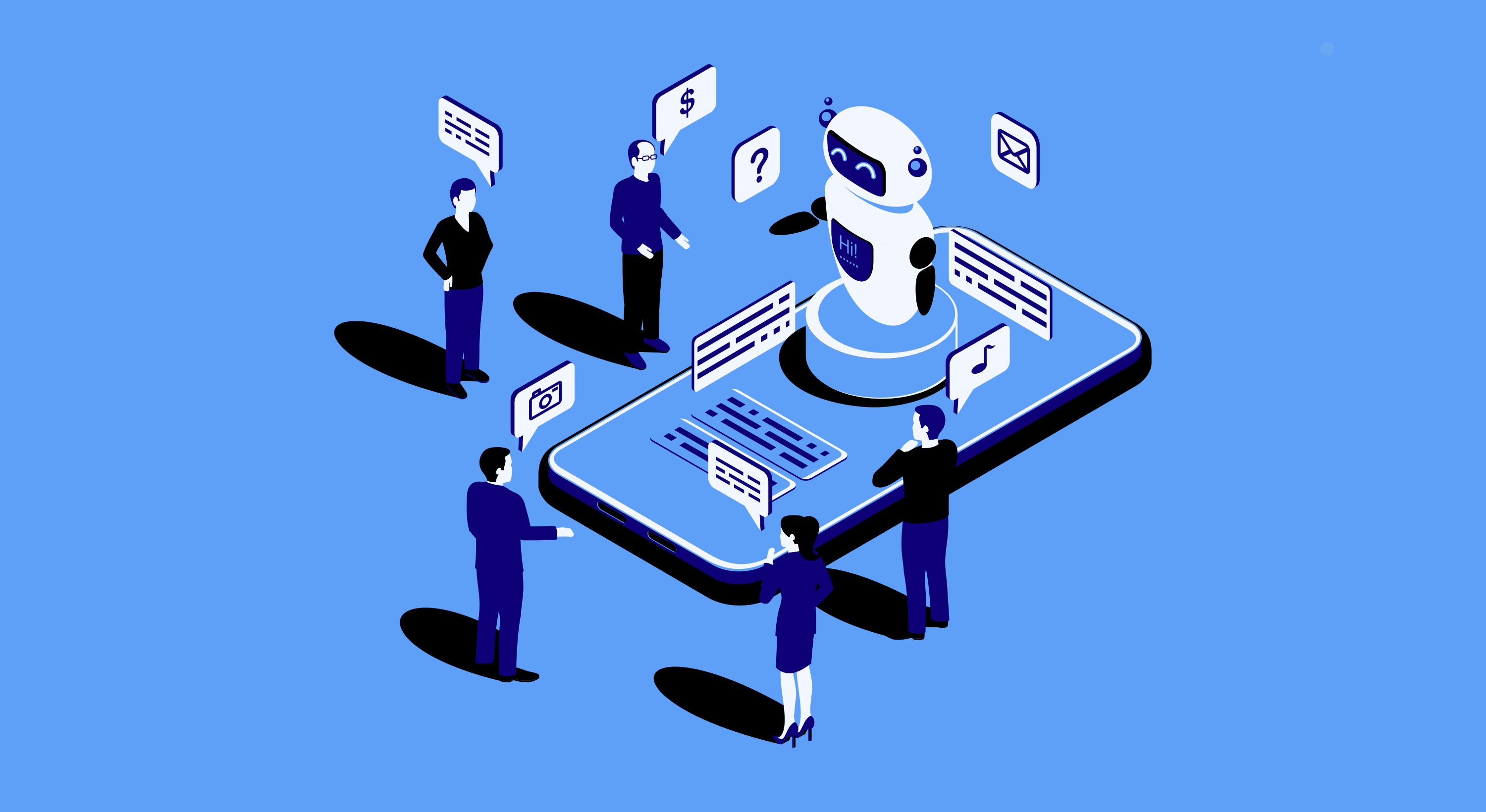
Streamlined Onboarding and Support
Chatbots can guide customers through onboarding processes, answer frequently asked questions, and provide step-by-step instructions, ensuring a smooth and efficient customer journey.
Proactive Engagement
Virtual assistants can proactively reach out to customers, offering personalized recommendations, updates on orders or services, and timely support, fostering stronger customer relationships.
Multilingual Capabilities
AI-powered chatbots can communicate in multiple languages, breaking down language barriers and making customer service accessible to a global audience.
Seamless Escalation to Human Agents
When a customer's inquiry requires more complex assistance, chatbots can seamlessly transfer the conversation to a human customer service representative, providing context and ensuring a continuous and satisfactory experience.
The Future of AI in Customer Service
As AI technology continues to advance, the role of chatbots and virtual assistants in customer service will only become more prominent. Businesses that embrace these innovative tools will be well-positioned to deliver exceptional customer experiences, stay ahead of the competition, and drive long-term loyalty and growth.
The key benefits of using AI-powered chatbots and virtual assistants in customer service include:
Improved Efficiency and Responsiveness: Chatbots and virtual assistants can handle a high volume of customer inquiries simultaneously, providing instant responses and freeing up human customer service representatives to focus on more complex tasks. This results in faster resolution times and enhanced customer satisfaction.
Personalized Experiences: AI-powered assistants can analyze customer data, preferences, and past interactions to deliver personalized and contextual responses, creating a more tailored and engaging customer experience.
24/7 Availability: Chatbots and virtual assistants are available around the clock, ensuring that customers can receive assistance whenever they need it, without the constraints of traditional business hours.
Continuous Improvement: As chatbots and virtual assistants interact with more customers, they can learn and adapt, continuously improving their capabilities and providing even better service over time.
Cost Savings: Integrating AI-powered chatbots and virtual assistants can lead to significant cost savings for businesses by reducing the need for human customer service representatives to handle routine inquiries and tasks.
Enhanced Employee Productivity: Chatbots and virtual assistants can take over simple and repetitive tasks, freeing up human agents to focus on more complex and strategic work, leading to increased employee productivity.
Scalability: Chatbots and virtual assistants are flexible and adaptable, allowing businesses to scale up or down to meet fluctuating customer demands.
Improved Sales and Lead Generation: AI-powered chatbots can be used to boost sales by providing personalized product recommendations, assisting with online purchases, and generating sales leads.
Overall, the integration of AI-powered chatbots and virtual assistants in customer service can significantly enhance the overall customer experience, improve operational efficiency, and drive business growth.
Some industries that have seen significant benefits from using AI-powered chatbots and virtual assistants in customer service include:
Travel and Hospitality: AI chatbots can assist with travel recommendations, provide real-time updates on flight delays, and help with booking rental cars and hotels, enhancing the overall customer experience in the travel industry.
E-commerce: AI-powered chatbots can streamline sales processes, improve customer engagement, and increase sales leads and conversions in the e-commerce sector.
Contact Centers: AI chatbots can enhance every touchpoint in the customer journey, improve engagement, brand loyalty, and increase sales leads and conversions in contact center operations.
Various Industries: Companies across different sectors can benefit from AI chatbots and virtual assistants for tasks like assisting with general customer service inquiries, improving employee productivity, and reducing operational costs.
Conclusion
The integration of AI-powered chatbots and virtual assistants in customer service has revolutionized how businesses interact with their customers across various industries. The benefits of improved efficiency, personalized experiences, 24/7 availability, continuous improvement, cost savings, enhanced employee productivity, scalability, and improved sales and lead generation have reshaped the customer service landscape. Industries such as travel and hospitality, e-commerce, contact centers, and many others have witnessed significant advantages from leveraging AI technology to enhance customer interactions. As AI continues to advance, businesses that embrace these innovative tools will not only meet but exceed customer expectations, drive operational efficiency, and foster long-term customer loyalty and growth in the ever-evolving digital era.
Read more :
AI POWERED FRAUD DETECTION AND LOSS PREVENTION
Demand Forecasting with AI: Avoiding Stockouts and Overstocking
Predictive Maintenance for Retail Equipment: Using AI to Prevent Downtime
Can AI Outsmart Humans? The Rise of Intelligent Retail
AI-driven Dynamic Pricing: Optimizing Prices Based on Customer Behavior
Personalized Marketing and Promotions: AI Targeting the Right Customers


 AI-Taxi App
AI-Taxi App AI-Food App
AI-Food App AI-Property Mgmt App
AI-Property Mgmt App AI-CRM
AI-CRM AI-Fantasy App
AI-Fantasy App
 Web Development
Web Development App Development
App Development Business & Startup
Business & Startup Hire Developer
Hire Developer
 Digital Marketing
Digital Marketing Lead-generation
Lead-generation Creative Agency
Creative Agency Branding Agency
Branding Agency Augmented Reality
Augmented Reality Virtual Reality
Virtual Reality Internet of Things
Internet of Things Artificial Intelligence
Artificial Intelligence Blockchain
Blockchain Chatbot
Chatbot